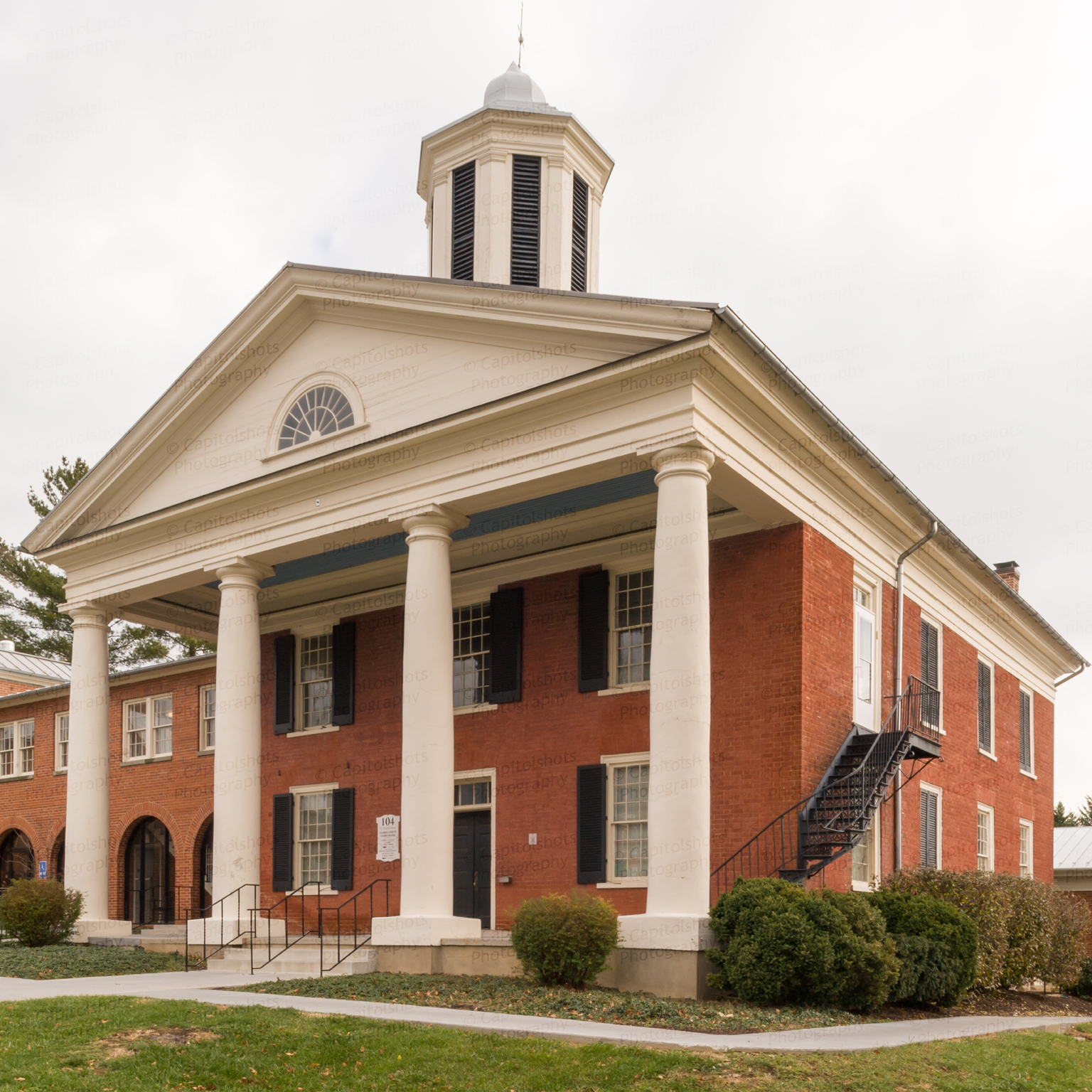Clarke County Committee Working to Bring Broadband Internet Access to All
By Rebecca Maynard
Most Clarke County residents seem to love what it has to offer – beautiful scenery, a close-knit community and low population density thanks to a commitment to land preservation.
With low population density, however, comes one challenge that has only become an issue in recent years: access to reliable, fast broadband internet access. Clarke County’s new Broadband Implementation Committee is intent on addressing that challenge and invites interested community members to visit its website, www.clarkeconnect.org.
Committee member Brandon Stidham, Clarke County’s planning director, explained that the Board of Supervisors, at the recommendation of a study commissioned by the Atlantic Group, formed the Broadband Implementation Committee. The committee consists of two Board members, Mary Daniel and Bev McKay; and two Planning Commissioners, Robina Bouffault and Scott Kreider.
The Committee meets on an as-needed basis. Meeting dates are posted to the
clarkecounty.gov website.
clarkecounty.gov website.
The purposes of the Committee, which began meeting this May, are to:
Coordinate the efforts of the Board of Supervisors and Planning Commission to improve broadband internet access for County residents and businesses.
Work with industry representatives to determine how to expand broadband internet availability and identify obstacles to this expansion.
Work with citizens, business owners, and stakeholders to identify broadband needs.
In the context of Internet access, broadband is used to mean any high-speed Internet access that is always on and faster than traditional dial-up access. About 19 million
Americans still don’t have access to broadband internet, which the Federal Communication Commission defines as offering a minimum of 25 megabits per second (MBPS) download speeds and 3 MBPS upload speeds. Those who do have broadband access often find it’s too expensive, unreliable, or has prohibitive data caps that make it unusable for modern needs.
Americans still don’t have access to broadband internet, which the Federal Communication Commission defines as offering a minimum of 25 megabits per second (MBPS) download speeds and 3 MBPS upload speeds. Those who do have broadband access often find it’s too expensive, unreliable, or has prohibitive data caps that make it unusable for modern needs.
“People have to be able to run their agricultural businesses, which is a major economic factor, right behind electricity and probably ahead of phones,” said committee member Mary Daniel, who represents the Berryville district on the Clarke County Board of Supervisors.
Both Daniel and Stidham stressed that the new committee is not a provider, but rather a means to work with providers and help residents understand their options. They hope the website will be a valuable tool in providing information.
“The first comment on the website that we got was, ‘Why isn’t the county doing anything about getting internet available for the community?’” Daniel said. “Internet isn’t regulated like a utility and nobody has to have an agreement with the county to even provide it.”
Stidham explained that a request for information was sent to all aspects of the communication industry – such as Wireless Internet Service Providers, companies that lay fiber optic cable, and companies that build cell towers, asking an important question: What efforts can the county focus on to improve broadband and telecommunications access short of investing county taxpayer dollars?
“We expected and received a wide variety of responses to that, and since receiving those responses, the county has been meeting with some of the providers,” he said.
Wireless Internet Service Providers (WISPs) are the best option at this time for many county residents, Stidham said, and there are currently four or five WISPs serving
Clarke County.
Clarke County.
“We’re lucky to have several WISPS serving our county, considering there are places with none,” Stidham said.
The service is provided via a special antenna connected to the home or business by the provider, and the challenge is that it requires a clear line of sight to a tower or other structure that houses the provider’s transmission antenna. This method of service can be limited by tree coverage, terrain, or other obstructions to a clear line of sight.
“The line of sight issue is a challenge, but one of the things we learned through discussions with the WISPs is that if they have a pocket of homes that are within close proximity to one another, they can put a short tower on one of the properties that has the best line of sight to where their main tower is and use that as a feeder antenna to beam the Internet to the houses in that vicinity,” Stidham said.
“A lot of folks out there probably don’t even know that that is a possibility,” he said, in terms of identifying homeowners who might be willing to have a short tower on
their property.
their property.
Another effort the committee made was working to change the county’s height regulations for towers. Previously, the limit was just 100 feet and the county now allows towers in most places as tall as 199 feet with a special use permit.
One of the goals the committee would like to achieve with the website is to identify local businesses that provide free broadband Internet access to their customers. The Clarke County Library, located in the Berryville Joint Government Center, has high-speed fiber optic broadband which is available free, and the committee hopes to soon add other businesses to the list.
In our quickly changing world, students are relying more and more on the Internet, and to help students succeed who do not have reliable access at home, the Clarke County Education Foundation has donated funding to the Kajeet Project (www.kajeet.net), which provides students with a small, portable device that allows them to connect to a lightning fast 4G network.
Any Wi-Fi-compatible device students use is filtered specifically for school assignment use; inappropriate and non-education content is filtered and cannot be accessed. The SmartSpot makes it easy for on-the-go students to safely complete their homework and off-campus assignments without worries of abuse and unnecessary distractions.
For more information on the Kajeet project in Clarke County, visit the “News and Projects” section of www.clarkeconnect.org.
Residents are encouraged to take advantage of all the new website has to offer, and anyone with further questions is invited to attend the committee’s next meeting, which will be held Monday, November 27 at 2pm in the Joint
Government building.
Government building.










